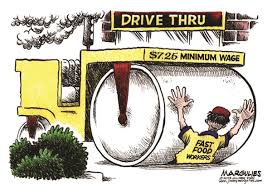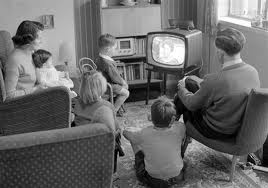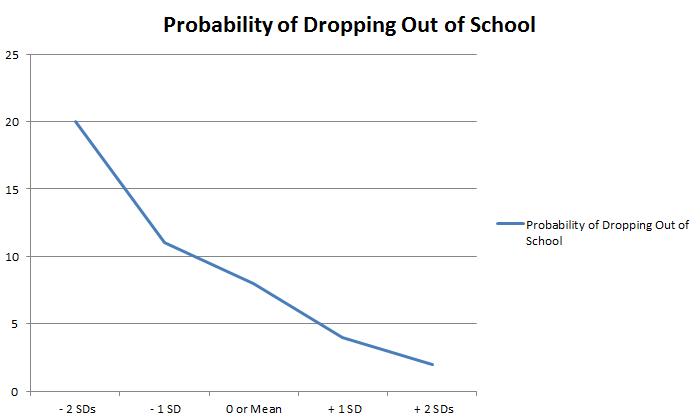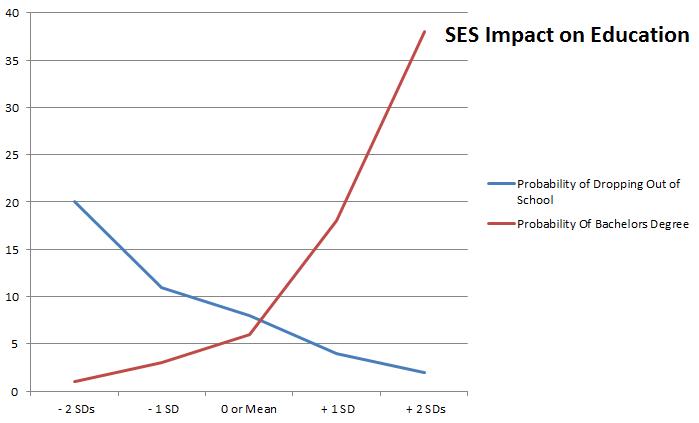Barack Obama’s Weekly Radio Address
March 21, 2009
Last week, I spent a few days in California, campaigning talking with Jay Leno ordinary Americans in town halls and in the places where they work. We talked about their struggles, and we talked about their hopes.
Ahhh yes, hope. Whoda thunk it; campaign trail and hope.
At the end of the day, these men and women weren’t as concerned with the news of the day in Washington as they were about the very real and very serious challenges their families face every day: whether they’ll have a job and a paycheck to count on; whether they’ll be able to pay their medical bills or afford college tuition;
Look Sparkey, you are talking to “ordinary Americans” in California. Of COURSE they’re worried about these things!! I mean, come on, have you seen what the Democrats have done to that state?
What, YOU are a Democrat that supports all of these things? Oh my.
whether they’ll be able to leave their children a world that’s safer and more prosperous than the one we have now.
Maybe they think you are going to release the Gitmo innocents into Cali? Then again, maybe not. Just sayin’.
Those are the concerns I heard about in California. They are the concerns I’ve heard about in letters from people throughout this country for the last two years.
Dude, serious. Are you TRYING to make it obvious that you are campaigning?
And they are the concerns addressed in the budget I sent to Congress last month.
Um, no. No it’s not actually. What concerns me [heh heh, I kill me] about your budget is that you are going to turn all of us into California.
With the magnitude of the challenges we face,
Don’t look now, but the recovery appears to have begun. And again, whoda thunk it, not one dime of bailout money has been spent.
I don’t just view this budget as numbers on a page or a laundry list of programs.
It’s an economic blueprint for our future – a vision of America where growth is not based on
Reality
real estate bubbles or overleveraged banks,
Yo, over leveraged banks? Umm yeah, not so over leveraged if when this new accounting method is restored.
but on a firm foundation of investments in energy,
Short for tax and economic hardship.
education,
We’ll see.
and health care
You just can’t stop wading in markets you don’t understand.
that will lead to a real and lasting decade long recession prosperity.
These investments are not a wish list of priorities that I picked out of thin air – they are a central part of a comprehensive strategy to grow this economy by attacking the very problems that have dragged it down for too long:
- High taxes
- Over regulation
Maybe?
the high cost of health care and our dependence on foreign oil; our education deficit and our fiscal deficit.
Sigh. I didn’t think so.
Now, as the House and the Senate take up this budget next week, the specific details and dollar amounts in this budget will undoubtedly change. That’s a normal and healthy part of the process.
But when all is said and done, I expect a budget that meets four basic principles:
First, it must reduce our dependence on dangerous foreign oil and finally put this nation on a path to a clean, renewable energy future.
On the one hand you mention dangerous foreign oil. Then on the other hand, you mention clean and renewable energy. Which is it? Cause we gots lots of domestic energy if you would just let us go get it.
There is no longer a doubt that the jobs and industries of tomorrow
We may differ in the definition of tomorrow here.
will involve harnessing renewable sources of energy. The only question is whether America will lead that future. I believe we can and we will, and that’s why we’ve proposed a budget that makes clean energy the profitable kind of energy, while investing in technologies like wind power and solar power; advanced biofuels, clean coal, and fuel-efficient cars and trucks that can be built right here in America.
Second, this budget must renew our nation’s commitment to a complete and competitive education for every American child. In this global economy, we know the countries that out-educate us today will out-compete us tomorrow, and we know that our students are already falling behind their counterparts in places like China. That is why we have proposed investments in childhood education programs that work; in high standards and accountability for our schools; in rewards for teachers who succeed; and in affordable college education for anyone who wants to go. It is time to demand excellence from our schools so that we can finally prepare our workforce for a 21st century economy.
I think I agree with all of this. But it’s a turd. Who hasn’t sad this?
Third, we need a budget that makes a serious investment in health care reform – reform that will bring down costs,
With ya.
ensure quality,
Right there.
and guarantee people their choice of doctors and hospitals.
Wow. Three for three.
Right now, there are millions of Americans who are just one illness or medical emergency away from bankruptcy.
Oh oh.
There are businesses that have been forced to close their doors or ship jobs overseas because they can’t afford insurance. Medicare costs are consuming our federal budget. Medicaid is overwhelming our state budgets. So to those who say we have to choose between health care reform and fiscal discipline, I say that making investments now that will dramatically lower health care costs for everyone won’t add to our budget deficit in the long-term – it is one of the best ways to reduce it.
See, but you don’t wanna reduce costs. You wanna give health insurance to everyone. If you wanted to reduce costs, you would be doing a whole different set of things.
Finally, this budget must reduce that deficit even further. With the fiscal mess we’ve inherited and the cost of this financial crisis,
Ok dude, so, if you are going to keep at it, I am. You voted for it and in part were responsible for the crisis. Senator.
I’ve proposed a budget that cuts our deficit in half by the end of my first term. That’s why we are scouring every corner of the budget and have proposed $2 trillion in deficit reductions over the next decade.
Not wholly true. But at this point, I’ve lost count.
In total, our budget would bring discretionary spending for domestic programs as a share of the economy to its lowest level in nearly half a century.
What do you mean by discretionary?
And we will continue making these tough choices in the months and years ahead so that as our economy recovers, we do what we must to bring this deficit down.
I will be discussing each of these principles next week, as Congress takes up the important work of debating this budget. I realize there are those who say these plans are too ambitious to enact. To that I say that the challenges we face are too large to ignore. I didn’t come here to pass on our problems to the next President or the next generation – I came here to solve them.
The American people sent us here to get things done, and at this moment of great challenge, they are watching and waiting for us to lead. Let’s show them that we are equal to the task before us, and let’s pass a budget that puts this nation on the road to lasting prosperity.
I agree. So throw this one away and go back to the drawing board. Thanks, and God bless America!






